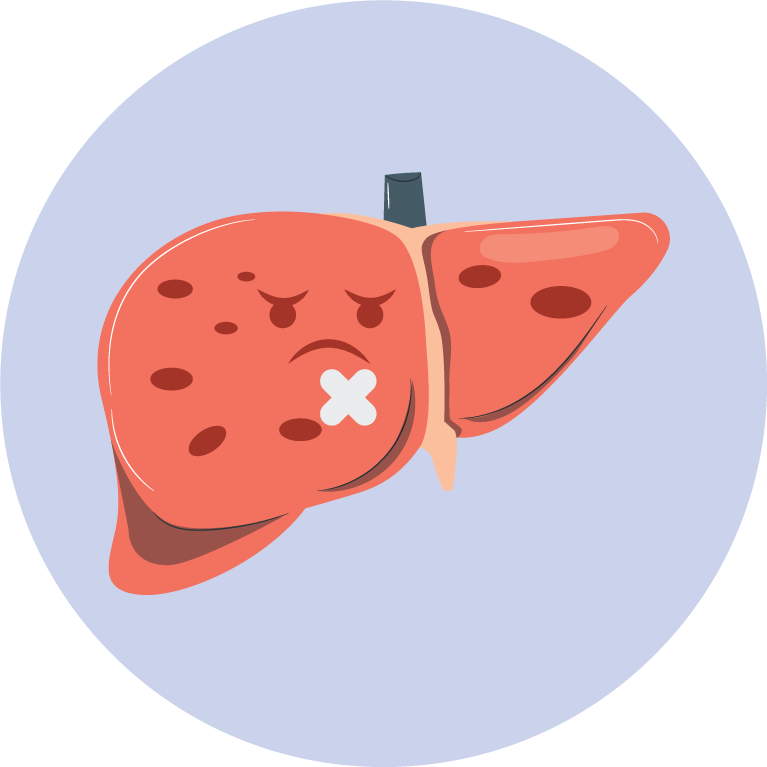| Name | Azilsartan Medoxomil |
| Classes |
Cardiovascular Agent Antihypertensive Angiotensin Receptor Blocker (ARB) |
| Diseases |
Angina Cardiovascular Disease Hypertension (High Blood Pressure) Myocardial Infarction Stroke |
Azilsartan Medoxomil
Azilsartan medoxomil belongs to a class of drugs called Angiotensin II receptor blockers or ARBs. It prevents Angiotensin II from binding to Angiotensin receptor 1 and hence antagonizing it's effects.
Azilsartan medoxomil is indicated for the treatment of essential hypertension. Lowering blood pressure lowers the risk of fatal and nonfatal cardiovascular events, such as strokes and heart attacks.
- A daily dose of 40 mg is recommended as a starting point. Patients whose blood pressure is not sufficiently managed at the lower dose may have their dose increased to a maximum of 80 mg once daily.
- At 2 weeks, there is a near-maximal antihypertensive impact, with maximal effects at 4 weeks.
- If Azilsartan Medoxomil alone is not enough to regulate blood pressure, it can be used with other antihypertensive medications such as diuretics (such as chlortalidone and hydrochlorothiazide) and calcium channel blockers to obtain even more blood pressure reduction.
Renal impairment:
Caution should be exercised in hypertensive patients with severe renal impairment and end stage renal disease as there is no experience of use of Azilsartan Medoxomil in these patients
Hepatic impairment:
As there is limited experience of use of Azilsartan Medoxomil in patients with mild to moderate hepatic impairment close monitoring is recommended and consideration should be given to 20 mg as a starting dose.
- Changes in renal function may be expected in susceptible patients treated with Azilsartan as a result of suppressing the renin-angiotensin-aldosterone system.
- Treatment with angiotensin-converting enzyme inhibitors and angiotensin receptor antagonists has been linked to oliguria and/or progressive azotemia, as well as (rarely) acute renal failure and/or death in patients whose renal function may be dependent on the activity of the renin-angiotensin-aldosterone system (e.g. patients with severe congestive heart failure). Patients receiving Azilsartan could expect similar results.
- Concomitant use of Azilsartan with potassium-sparing diuretics, potassium supplements, potassium salt substitutes, or other medicinal products that may increase potassium levels (e.g. heparin) may result in increases in serum potassium in hypertensive patients, based on experience with the use of other medicinal products that affect the RAAS.
Contraindication
- Azilsartan is contraindicated in patients who are hypersensitive to Azilsartan or other ARBs, such as-
- Azilsartan should not be co-administered with the following drug in patients with diabetes and renal impairment-
Azilsartan is contraindicated in the following health conditions-
- Pregnancy
- Severe liver problems
 Bangla
Bangla English
English





